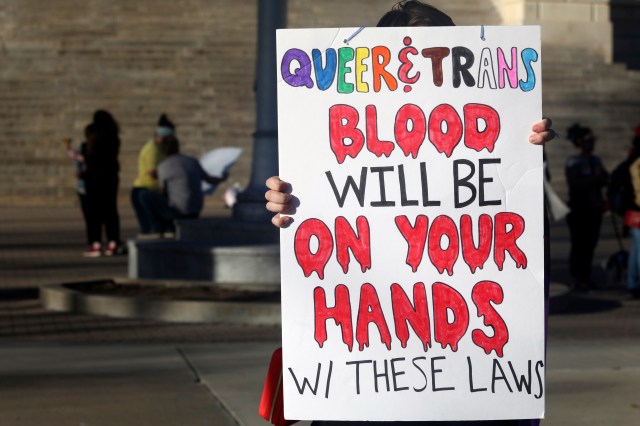
Trans patients may find it particularly challenging to navigate the healthcare system because they have historically lacked the same level of common advocacy and administrative support as other patients of color.
For the chance to receive necessary treatment, transgender patients must understand a maze of insurance obstacles, meet treatment requirements, and abide by stringent state laws. Molly Crowther, CEO and co-founder of the Healthcare Advocate Summit in September, discussed the significance of advocates and allies in supporting trans people in overcoming these challenges.
“Historically, the trans community has had to provide so much advocacy for itself, so helping people access surgery, access drugs, and access therapy—much of it was word of mouth—but there still isn’t much help for transgender patients.”
According to Crowther, advocates are crucial because they raise the voices of transgender individuals.
“It’s often challenging for practitioners and patients to understand one another. We can assist transgender people with some of that mental labor and [reduce their exposure] to stress as they access care because there is a lot of medical trauma for them dealing with the health system in general.
One factor that makes the treatment for transgender patients more difficult is physician bias. Strict regulations that deny people access to healthcare based on their identity is another barrier.
“States are allowing doctors to deny you emergency treatment if you’re trans.” And that’s terrifying. Florida is listed as a “do not go” state because of the inability to access emergency medical care, and I was looking at the map that discusses the future of anti-trans legislation in the coming years.
As time went on, Crowther emphasized the dual significance of educating trans people about their available advocacy resources as well as both advocates for the cause.
“There’s a lot of education that needs to be done, not only for transgender people to understand that individual advocacy is something you can get help with, but also for advocates to learn about issues that affect them.”



